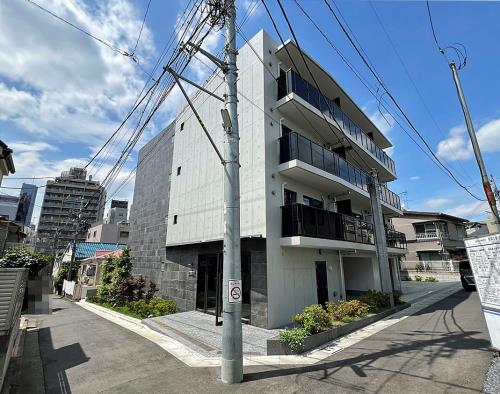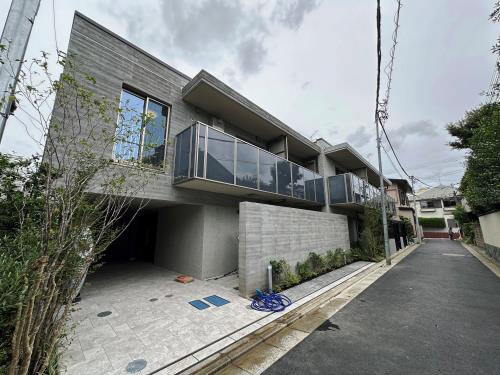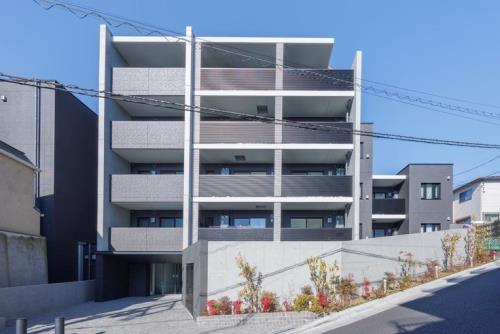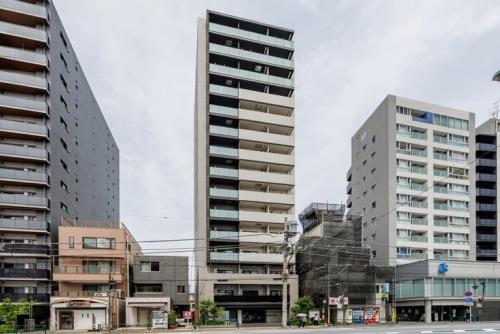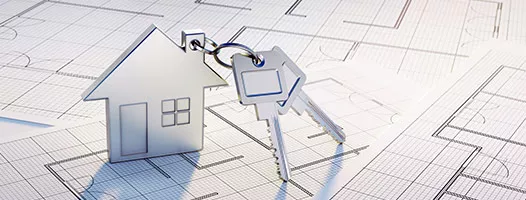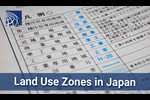Tax on Executive’s Company housing - For luxury company housing over 240 square meters
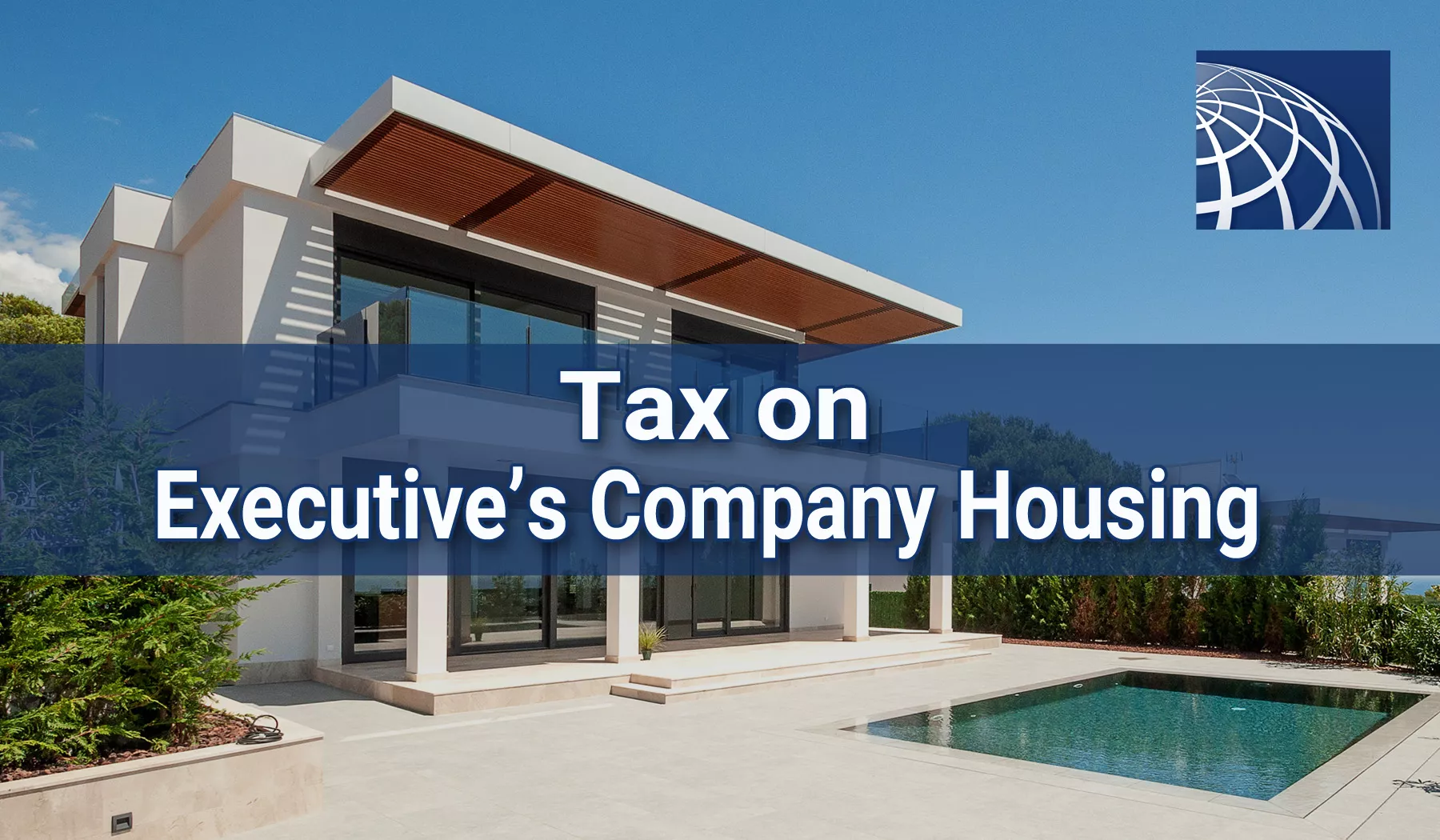
Employer-assisted company housing program in Japan is divided into the one for the employees and the other for the executives. We here explain about taxes on executive’s company housing.
What is executive’s company housing?
Executive’s company housing is a program in which an employer leases a rental housing property from a lessor and lease it to the executive, and the executive pays to the company a certain amount of rent for usage of the housing property. In this sense, when an executive leases a housing property privately, it is not considered as an executive’s company housing.
While executive’s company housing has a high tax saving effect, calculation of rent-equivalent value and the handling as a company housing may differ depending on the size of the houses, such as between small houses and houses with a floor area of 240 square meters or more.
Rent-equivalent value of Executive’s Company Housing
The rent-equivalent value of executive’s company housing is calculated by dividing it into small house and non-small house according to the floor area of the houses to be leased.
Calculation for small houses
What are small houses?
・For buildings with the statutory useful life of 30 years or less: Houses with a floor area of 132 square meters or less.
・For buildings with the statutory useful life of over 30 years: Houses with a floor area of 99 square meters or less.
・For condominium apartment buildings, they are determined by dividing the floor area of the shared spaces by the number of the units and adding it to the floor area of the unit.
Rent-equivalent value
The rent-equivalent value is the total from ① to ③ as below:
1) (Current-year taxable amount of the fixed asset tax for the building) x 0.2%
2) JPY 12 x (Gross floor area of the building [㎡]/3.3 ㎡)
3) (Current-year taxable amount of the fixed asset tax for the land) x 0.22%
Calculation for non-small houses
Calculation for non-small houses differs depending on whether the company housing is owned by the company or rented from the other lessor.
What are non-small houses?
・For buildings with the statutory useful life of 30 years or less: Houses with a floor area of 132 square meters or more.
・For buildings with the statutory useful life of over 30 years: Houses with a floor area of 99 square meters or more.
・For condominium apartment buildings, they are determined by dividing the floor area of the common use space by the number of the units and adding it to the floor area of the unit.
Rent-equivalent value
1)Calculation for company housing owned by the company
The rent-equivalent value is 1/12 of the total of (a) and (b) as below:
a) (Current-year taxable amount of the fixed asset tax for the building) x 12%
For buildings with the statutory useful life of over 30 years: x 10% (instead of 12%)
b) (Current-year taxable amount of the fixed asset tax for the land) x 6%
2) Calculation for company housing rented from the other lessor
The rent-equivalent value is the greater amount between 50% of the rent paid by the company and the value calculated in (1) above.
Calculation for Luxury Company Housing
In the case of luxury company housing that is not considered as general company housing under socially accepted norms, the rent-equivalent value becomes the rent amount that is normally paid.
What is luxury company housing?
Floor area: Over 240 square meters
The case of the house with a swimming pool, facilities, etc. which significantly reflect individual’s preferences.
Rent-equivalent value
The executive must pay the full amount of the rent.
The tax office determines whether a house is luxury company housing with a floor area of over 240 square meters, taking into account various factors such as the acquisition price, the amount of rent paid, and the condition of the interior and exterior. Although a house with a floor area of below 240 square meters, a house with facilities that significantly reflect the preference of an individual executive, such as a swimming pool and interior decorations that are not installed in a generally leased house may fall under the category of luxury company housing.
*The amount of tax base is basically reassessed once every three years.
Summary
We have explained briefly how a company reduces the rent burden on the executives as part of the welfare program, but there are detailed regulations other than the above. So, we recommend that you consult with an expert when you operate such program plan.
Reference: National Tax Agency Website No.2600 When an employer lease company housing to the executives.
https://www.nta.go.jp/taxes/shiraberu/taxanswer/gensen/2600.htm
Click here about Tax on Employee’s Company Housing >>>

- Rental Apartments & Houses in Tokyo
- Listings of popular and luxurious rental apartments, condominiums, and houses designed with expats in mind.

- Apartments & Houses for Sale in Tokyo
- Listings of apartments, condominiums, and houses available for purchase in Tokyo.






